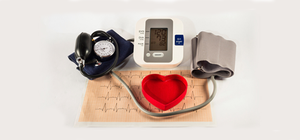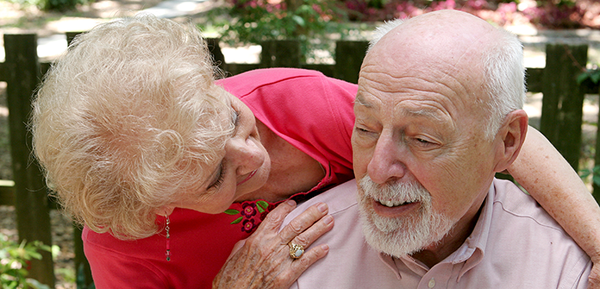Loading...
Found 22 stroke trials
A listing of stroke medical research trials actively recruiting patient volunteers. Search for closest city to find more detailed information on a research study in your area.

What is the purpose of this study? This research study is exploring about how digital data (ie. social media, online searches, and step tracking data) are associated with Coronary Heart Disease (CHD) and related risk factors in order to develop a more precise CHD risk predictor tool. We …
Learn More
Online study

The purpose of this research study is twofold: to study the role HIV has on the brain’s function and more particularly, the relationship between HIV and stroke; and to study how the presence of HIV effects robot-assisted rehabilitation after stroke, and its association with clinical improvement.
This is a study comparing the efficacy and safety of milvexian to apixaban for the prevention of stroke and non-CNS systemic embolism in participants with atrial fibrillation.

The nuMoM2b Heart Health Study (nuMoM2b-HHS) has followed a demographically diverse cohort of women enrolled and richly phenotyped during their first pregnancy, with data and biospecimens prospectively collected for up to 7 years thereafter. The overarching scientific goal of this study is to define the relationship between adverse pregnancy outcomes …

A novel device, developed at the University of Pennsylvania, utilizes diffuse correlation spectroscopy (DCS), which allows for real-time, continuous bedside monitoring of CBF using near infrared light. This non-invasive device holds great promise for monitoring cerebral hemodynamics in stroke patients. Prior work from our group has used this device to …

The purpose of this study is to evaluate if closing off the left atrial appendage (LAA) of your heart (a small-sack like structure that is part of the upper chamber of the heart) during scheduled heart surgery with a surgical device known as the AtriClip, reduces the risk of a …
To evaluate the efficacy of NTLA-2001, as measured by the composite risk of CV-related mortality and CV events (urgent HF visits and hospitalizations due to HF, MI, arrhythmia, or stroke), compared to placebo Composite endpoint comprising Cardiovascular related mortality and frequency and timing of Cardiovascular events (urgent Heart Failure visits …

The purpose of this study is to evaluate the efficacy of lepodisiran in reducing cardiovascular (CV) risk in participants with high lipoprotein(a) who have CV disease or are at risk of a heart attack or stroke. The study aims to learn whether lepodisiran can reduce problems like heart attack or …

The research study is being conducted in order to determine whether Transcranial Direct Current Stimulation (tDCS) paired with cognitive training can improve thinking abilities in persons with stroke. There will be a total of five stimulation sessions. During the tDCS stimulation, you will be asked to participate in cognitive training.

The research team aims to examine whether amantadine can help patients recover from stroke. This will be a blinded randomized clinical trial. We will randomize patients post-ischemic or hemorrhagic stroke either to the placebo arm or amantadine. Patients will be on study drug or placebo for 1 month but will …